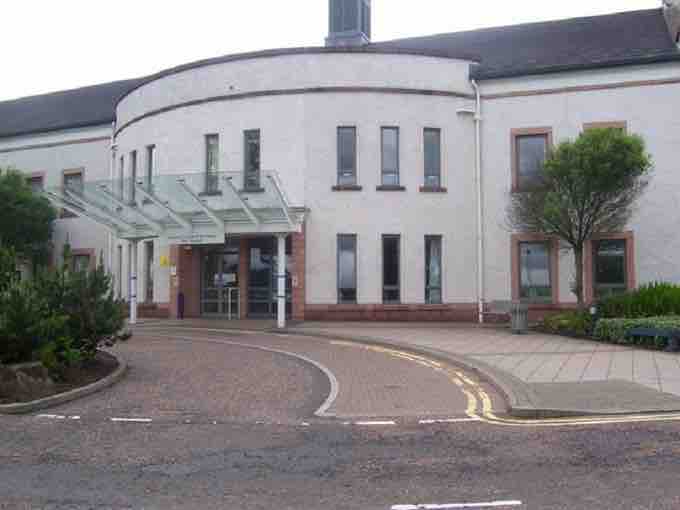Elderly care is the fulfillment of the special needs and requirements that are unique to senior citizens. This broad term encompasses such services as assisted living, adult day care, long-term care, nursing homes, hospice care, and in-home care. Because of the wide variety of elderly care found globally, as well as different cultural perspectives on elderly citizens, the subject cannot be limited to any one practice. For example, many countries in Asia use government-established elderly care quite infrequently, preferring the traditional methods of being cared for by younger generations of family members.
Elderly Care in the United States
The form of elderly care provided varies greatly among countries and is changing rapidly. According to the U.S Department of Health and Human Services, the older population—persons 65 years or older—numbered 39.6 million in 2009. They represented 12.9% of the U.S. population, or about one in every eight Americans. By 2030, there will be about 72.1 million older persons, more than twice their number in 2000. In the United States, most of the large multi-facility providers are publicly owned and managed as for-profit businesses. Given the choice, most elders would prefer to continue to live in their own homes. Unfortunately, the majority of elderly people gradually lose functioning ability and require either additional assistance in the home or a move to an eldercare facility. The adult children of these elders often face a difficult challenge in helping their parents make the right choices.
One relatively new service in the United States that can help keep the elderly in their homes longer is respite care. This type of care allows caregivers the opportunity to go on vacation or a business trip and know that their elder has good quality temporary care. Without this help, the elder might have to move permanently to an outside facility. Another unique type of care cropping in U.S. hospitals is called acute care of elder units, or ACE units, which provide "a homelike setting" within a medical center specifically for the elderly.
The Sandwich Generation
The Sandwich generation is a generation of people who care for their aging parents while supporting their own children. According to the Pew Research Center, just over 1 of every 8 Americans aged 40 to 60 is both raising a child and caring for a parent, in addition to between 7 to 10 million adults caring for their aging parents from a long distance.

Elderly Care
Wishaw General Hospital